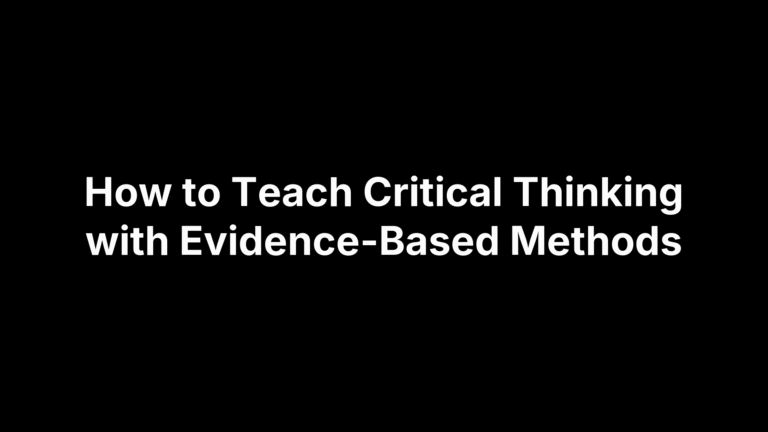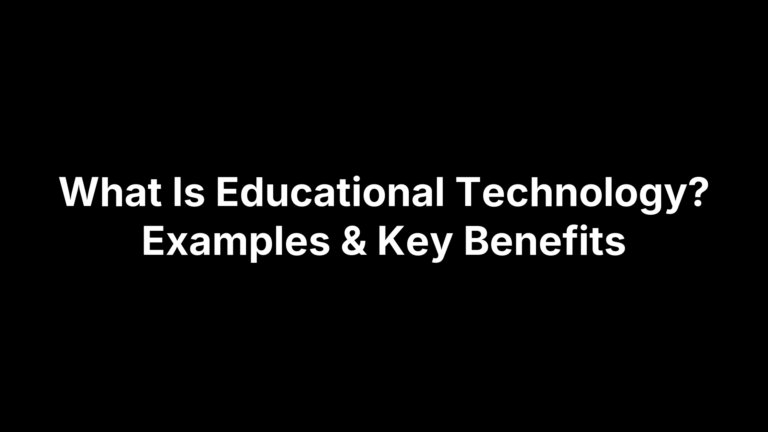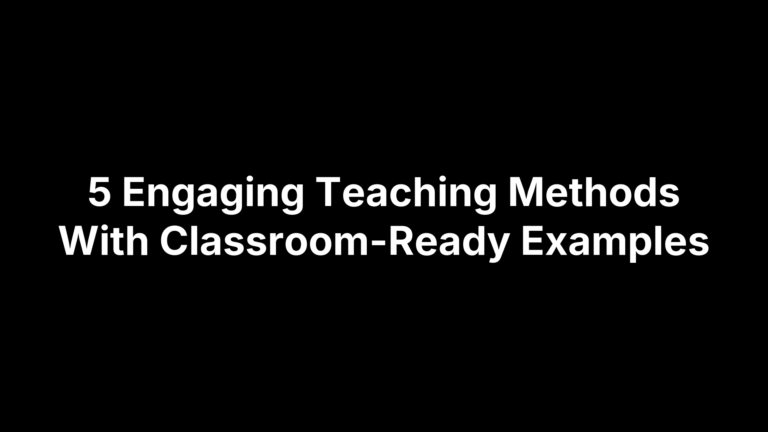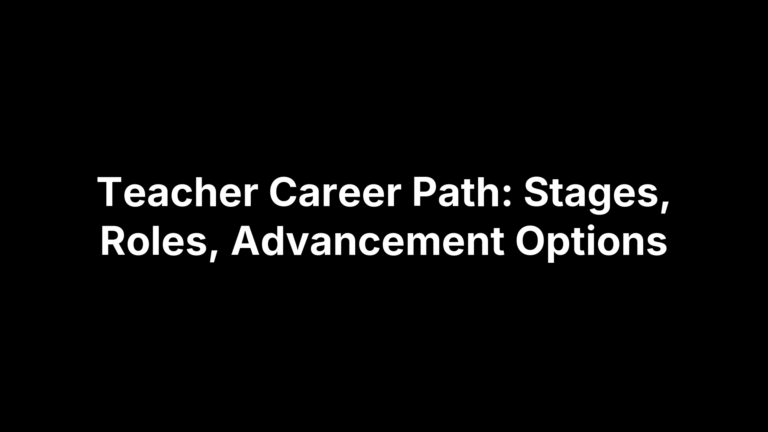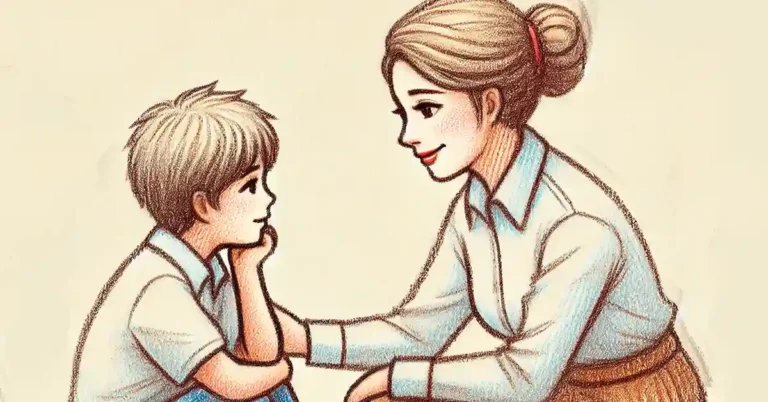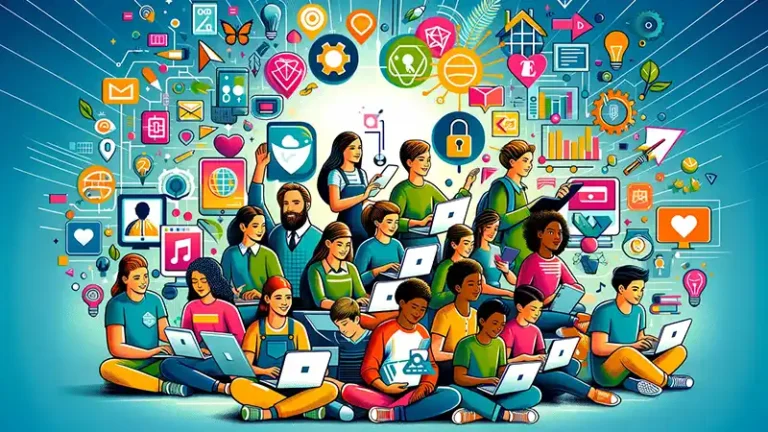Scifi Books for High School: 11 Reads Your Students Will Love
There’s something about science fiction that just clicks with high school students. Maybe it’s the time travel, the dystopian worlds, or the philosophical “what if” questions that hook them in. Whatever it is, sci-fi is a powerful genre for sparking imagination and getting students to think deeply about society, technology, and even themselves.
If you’re looking to add some page-turners to your curriculum or classroom library, here are 11 science fiction books that are both age-appropriate and packed with teachable moments. (And yes, I’ve snuck my own book in there—because hey, it belongs.)
1. Ender’s Game by Orson Scott Card
This classic combines military strategy, space battles, and moral complexity. It’s perfect for discussing leadership, ethics, and what it means to grow up in a world that demands too much too soon.
2. Kindred by Octavia Butler
Time travel meets historical fiction in this powerful novel that explores slavery through the eyes of a modern Black woman. It’s gripping, emotional, and a must-read for high schoolers ready for deeper conversations.
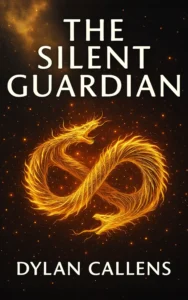
3. The Silent Guardian by Dylan Callens
Okay, shameless plug—but The Silent Guardian is a time-bending sci-fi adventure that challenges ideas of control, destiny, and identity. With themes of freedom and resistance, it opens up meaningful class discussions and gives students a fresh, modern sci-fi experience.
4. The Martian by Andy Weir (Young Reader’s Edition)
A surprisingly hilarious survival story set on Mars. It’s heavy on the science but light on the jargon—plus, your students will learn more about botany than they ever thought possible.
5. Scythe by Neal Shusterman
In a future where death has been conquered, “scythes” are tasked with population control. It’s as creepy as it sounds—and a brilliant entry point into conversations about morality and power.
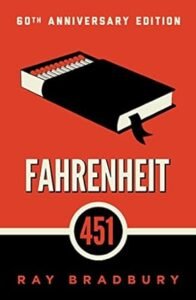
6. Fahrenheit 451 by Ray Bradbury
No sci-fi list would be complete without this dystopian tale about censorship and the loss of knowledge. Still incredibly relevant (and maybe a little too real).
7. Dune by Frank Herbert
If you have some ambitious readers, this epic is a deep dive into politics, religion, and ecology—all wrapped in a desert planet rebellion. Bonus points if your students get into the spice metaphors.
8. War Girls by Tochi Onyebuchi
Set in a futuristic Nigeria torn by climate change and war, this book blends Afrofuturism with a powerful sisterhood story. It’s perfect for adding diversity and global perspectives to your sci-fi picks.
9. The Knife of Never Letting Go by Patrick Ness
In a world where everyone can hear each other’s thoughts, privacy is dead—and so is peace. This one gets students thinking about surveillance, control, and the chaos of too much information.
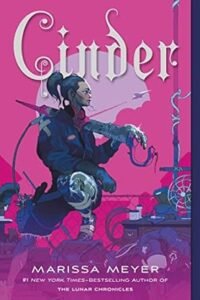
10. Cinder by Marissa Meyer
A cyberpunk Cinderella with androids, plague conspiracies, and lunar royalty. This one’s a favorite with reluctant readers and can be a great way to connect sci-fi with fairy tale analysis.
11. The 5th Wave by Rick Yancey
Alien invasion. Check. Survival mode. Check. Emotional trauma and government conspiracy. Check and check. This one’s fast-paced and very discussion-friendly, especially for fans of The Hunger Games.
Sci-fi has the power to take students out of their world and make them see their own reality more clearly. Whether you’re looking for rich literary analysis, ethical dilemmas, or just something students will actually finish reading, this list has you covered.

